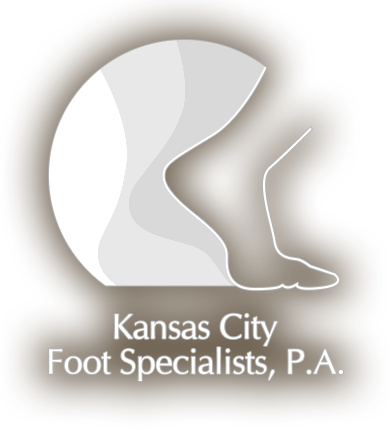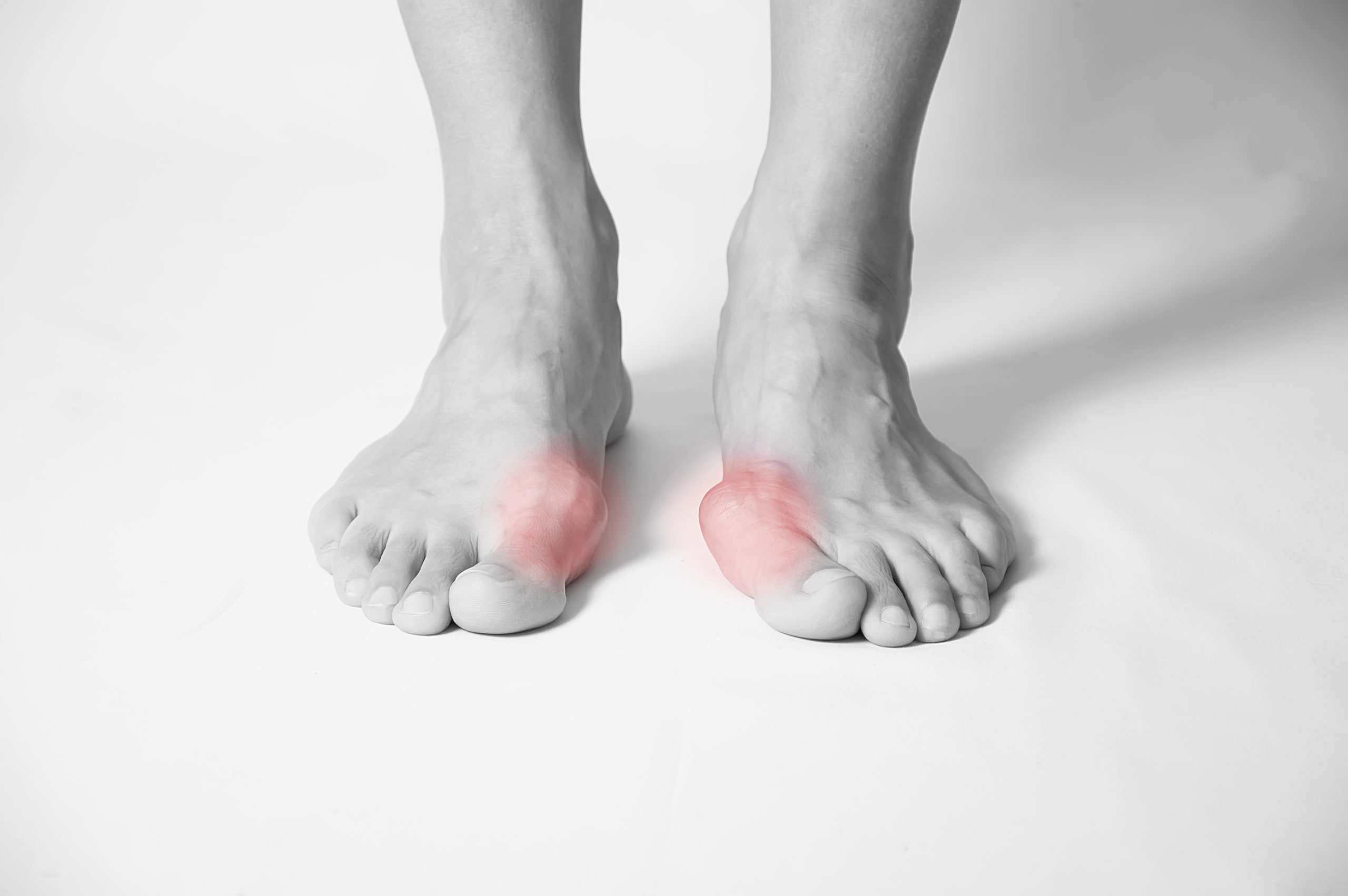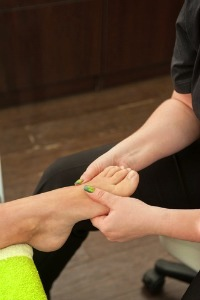In the meantime, follow these tips to choose the best-fitting shoes that are most suitable based on your favorite sports and physical activities.
Running
The most common injuries that occur in runners are shin splints, plantar fasciitis, and Morton’s neuroma. Look specifically for running shoes that match your arch type, and that provide maximum shock absorption. When trying on shoes, lace them up fully to verify that they fit snugly, but not tightly. Move your foot from side to side in the shoe, and make sure you can pinch about a quarter inch of the shoe’s upper material along the widest part of your foot. Also, flex your arch to make sure the shoe bends along with your foot.
Basketball
Common injuries associated with basketball are tendinitis, sprains, and stress fractures. When shopping for basketball shoes, look for shoes that have thick, stiff soles that offer support for when you run and jump. The shoes should also have high ankle construction to help support your ankles when you twist or make fast changes in direction. Also, consider buying shoes that feel light, and won’t feel too heavy or drag you down when you’re running and jumping.
Football and lacrosse
Football and lacrosse players are often at higher risk for injuries such as Achilles tendinitis and turf toe. When shopping for cleats, look for shoes that have high ankle support, which is important for players such as linemen, who frequently move sideways during a game. Also, look for shoes that offer great traction on the field in both dry and wet conditions. Ask your podiatrist whether they recommend playing in molded or detachable cleats. In most cases, molded cleats are better on harder turf surfaces, whereas detachable cleats are ideal if you play on both dry and wet fields.
Soccer
Common foot injuries related to soccer are turf toe, ankle sprains, and ingrown toenails. When choosing soccer cleats, verify that no more than a half inch of space exists between your big toe and the end of your shoe. Your cleats should also have studs that best accommodate the type of ground or field you’re playing on. Molded, or firm-ground cleats are the most versatile soccer shoes since they work best on most firm, natural surfaces, whereas soft-ground cleats work best on muddy, wet fields.
Have you recently suffered an injury due to wearing low-quality athletic shoes? Call Kansas City Foot Specialists to schedule an evaluation at (913) 338-4440, or request an appointment online so we can determine the cause of your injury and get you back on your feet.


